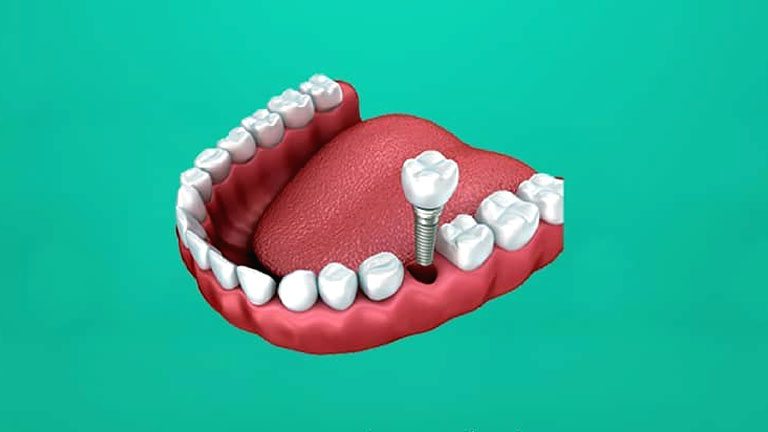
Any dentist will tell you the importance of dental care and how poor maintenance can lead to various diseases like cavities, tooth decay, receding gums, oral cancer, root infection, enamel erosion, and halitosis. Ultimately, what matters is the quality of treatment and whether it provides you satisfactory results or not. But what are some teeth-related questions you must ask to prepare yourself and have an idea of the entire process?
What to know about wisdom teeth?
Wisdom teeth are the last molars that emerge behind the mouth in your late teens to early twenties. Even though they are solid, they cause several problems when trying to make their way forcefully through the gums. Most people have four wisdom teeth, two at the front and the other two at the back. These sets of teeth lead to infected and swollen gums if they emerge at a bent angle instead of a straight line, and thus, extracting them is the only way out. Interestingly, the Canadian Dental Association states that almost 85% of Canadians have their teeth extracted. A study also found that between 22% and 66% of Canadians faced some issue with their third molars.
Why are fillings important?
Most dentists advise you to get a filling after removing your cavity. Not doing so could result in the tooth’s decay spreading to the surrounding teeth and compromising their integral structure and strength. Fillers also help dentists remove the decayed part of the cavity and lend your tooth a natural shape and appearance.
Types of fillings
Dental fillings are ceramic, composite, gold, and glass ionomers, among other types. However, silver and white ones are the most popular, and each has its distinct advantages. Amalgams (another name for silver fillings) are incredibly durable and quickly fill large cavities, while white fillings restore your tooth’s original strength without affecting its sensitivity to hot and cold. Amalgams are also the most preferred fillings in Canada and Ontario and usually cost around 75 CAD$. Your dentist will provide you with all the options and only proceed after you have made a choice.
What happens in a dental implant?
Dental implants are titanium structures consisting of screw-like devices that the dentist attaches to the jawbone and work as substitutes for original tooth roots. Even though you won’t feel any pain during the procedure because of anesthesia, you will experience some discomfort up to ten days after the surgery. The entire process usually requires between three to four visits and involves:
- An x-ray impression.
- Temporary prosthesis placement.
- Implant placement.
- Securing the area with stitches.
The guidelines prescribed by the Dental Surgeons of Ontario require dentists to examine the patient within one year after attaching the implants and take radiographs to ensure the peri-implant bone’s stability. The dentist should also inform you of your responsibility in maintaining the implants with instructions on long-term care.
Most people in Ontario, including the city of North York, place dental health as their top priority. For example, more than 68% of Ontarians have insurance, while more than 71% visit a dentist at least once a year. A study conducted in North York also found adolescents between 13 to 14 years with excellent oral health. Although you will have to visit a North York dentist in case of emergencies like toothaches, you could seek an appointment for several other purposes, from teeth whitening to receiving bridges and crowns.
A few questions like these will help you understand the various tooth ailments during your appointment with your dentist. A healthy set of teeth and excellent dental health will improve your appearance, enhance your well-being, and prevent dental diseases.




